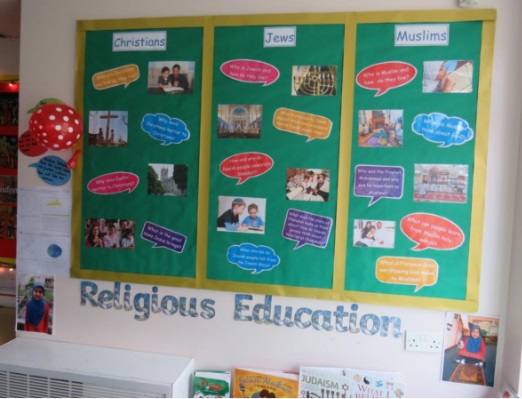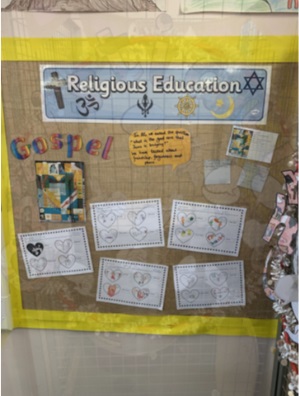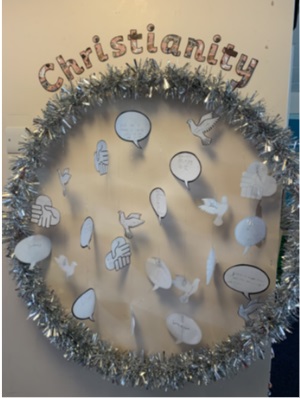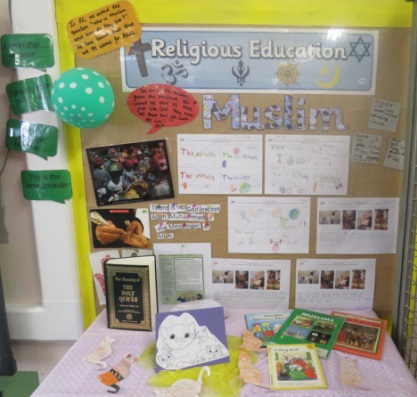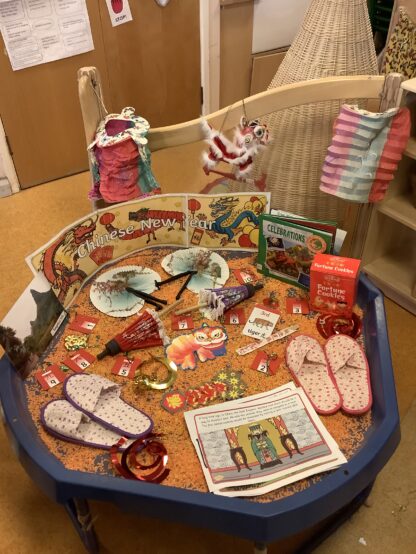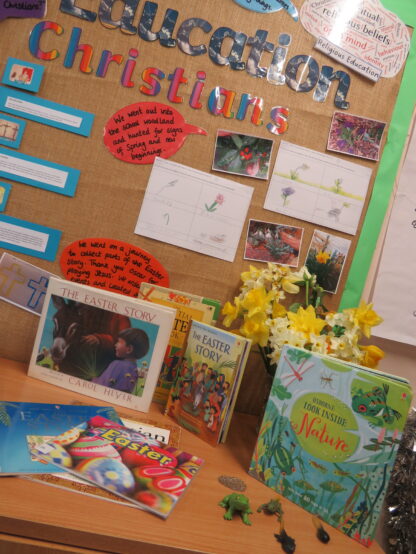Religious Education
“Differences were meant not to divide, but to enrich.”
J. H. Oldham
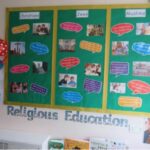
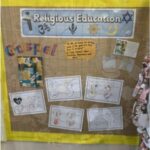

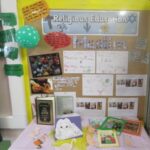
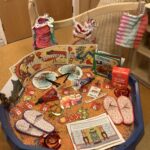
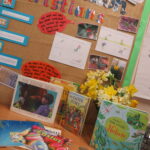
Religious Education (RE) plays a vital role in fostering respectful, knowledgeable, and reflective learners who are prepared to engage thoughtfully with the world around them. Our RE curriculum is rooted in the Cornwall Agreed Syllabus and aligned with the expectations of the UK National Curriculum, ensuring a broad, balanced, and coherent programme of study.
We aim to equip our pupils with a deep understanding of a range of religious and non-religious worldviews, helping them explore questions of meaning, purpose, and identity. Through high-quality teaching, we encourage curiosity, empathy, and critical thinking, enabling children to form and articulate their own beliefs while respecting those of others.
Our curriculum is enriched and supported by the Understanding Christianity resource and high-quality materials from RE Today, both of which provide a rigorous, engaging, and theologically sound framework for exploring Christian concepts and other world faiths in depth. These resources help us deliver well-structured, enquiry-based learning that inspires pupils and builds upon prior knowledge year on year.
A distinctive feature of RE at Parc Eglos School is our explicit teaching of religious vocabulary. We believe that a secure grasp of subject-specific language empowers children to engage more confidently with complex ideas, articulate their understanding clearly, and appreciate the diversity and richness of global beliefs and practices. Vocabulary is carefully planned, revisited, and embedded across all year groups to support progression and deepen conceptual understanding.
By the time pupils leave Parc Eglos School, they will have developed:
- A well-informed understanding of Christianity and other principal religions and worldviews.
- The ability to express ideas clearly using accurate and appropriate vocabulary.
- Respect for the beliefs, values, and traditions of others.
- The critical thinking skills needed to reflect on their own beliefs and those of others in a meaningful way.
Through Religious Education, we strive to nurture spiritually, morally, socially, and culturally aware individuals who can contribute positively to our diverse society.

